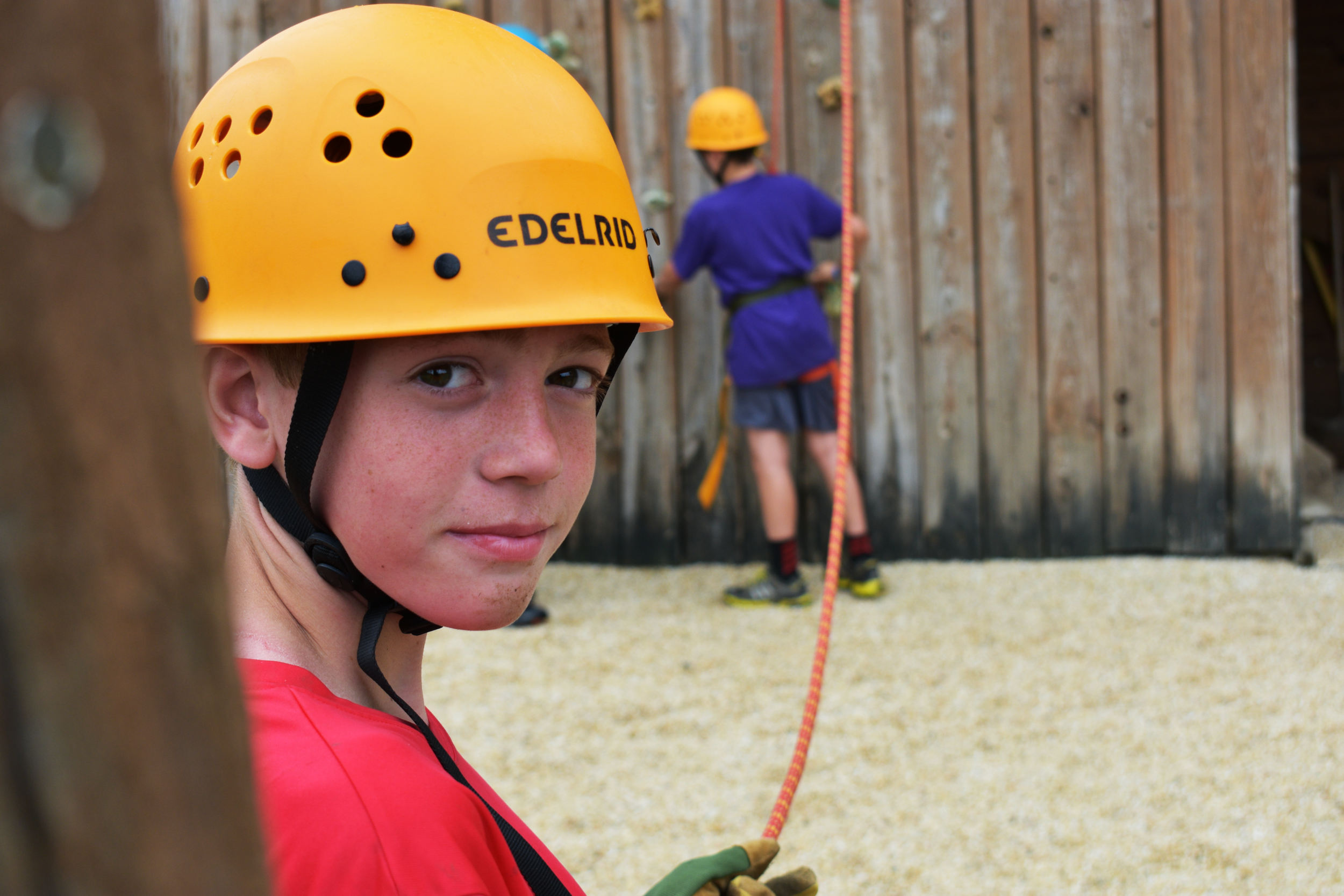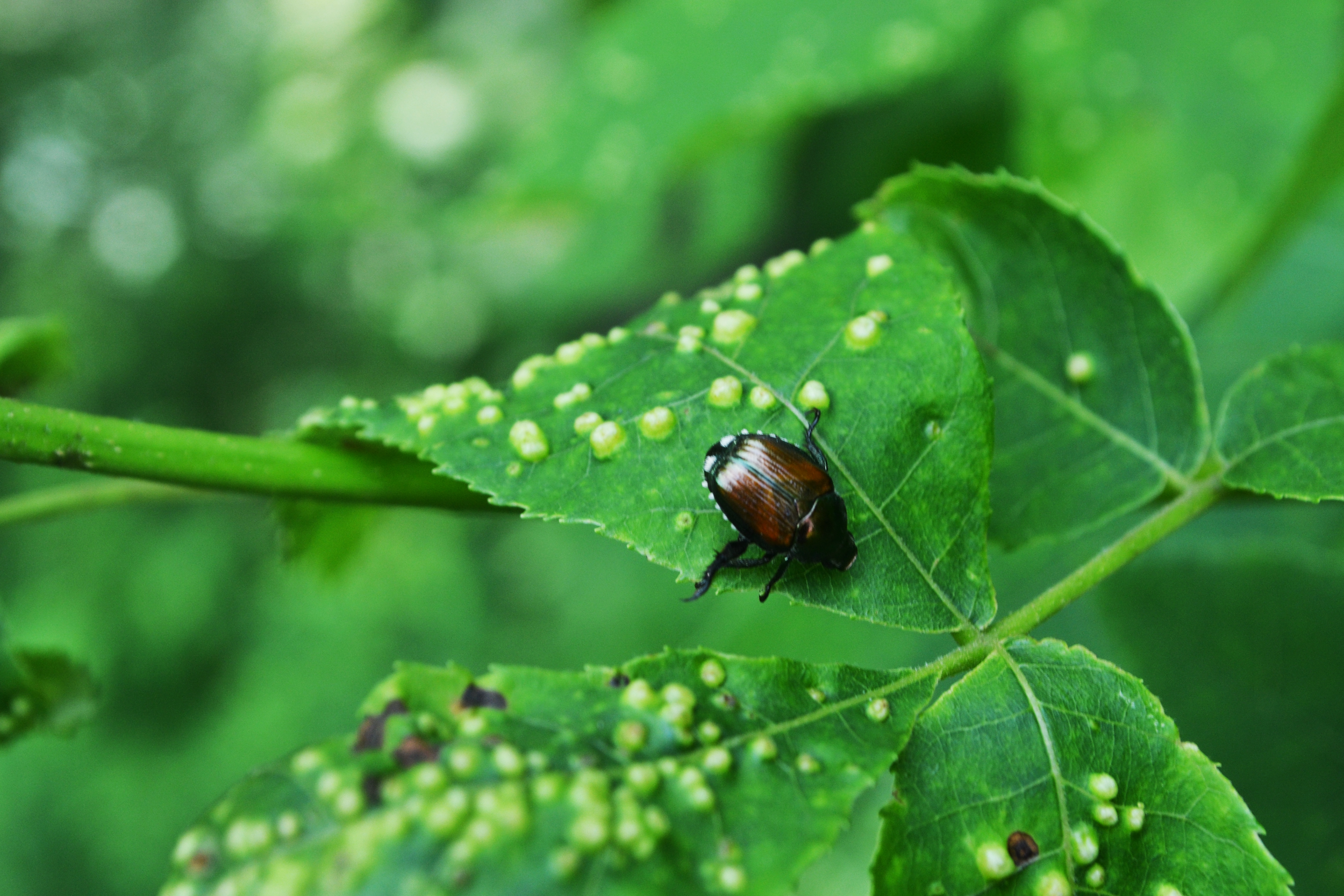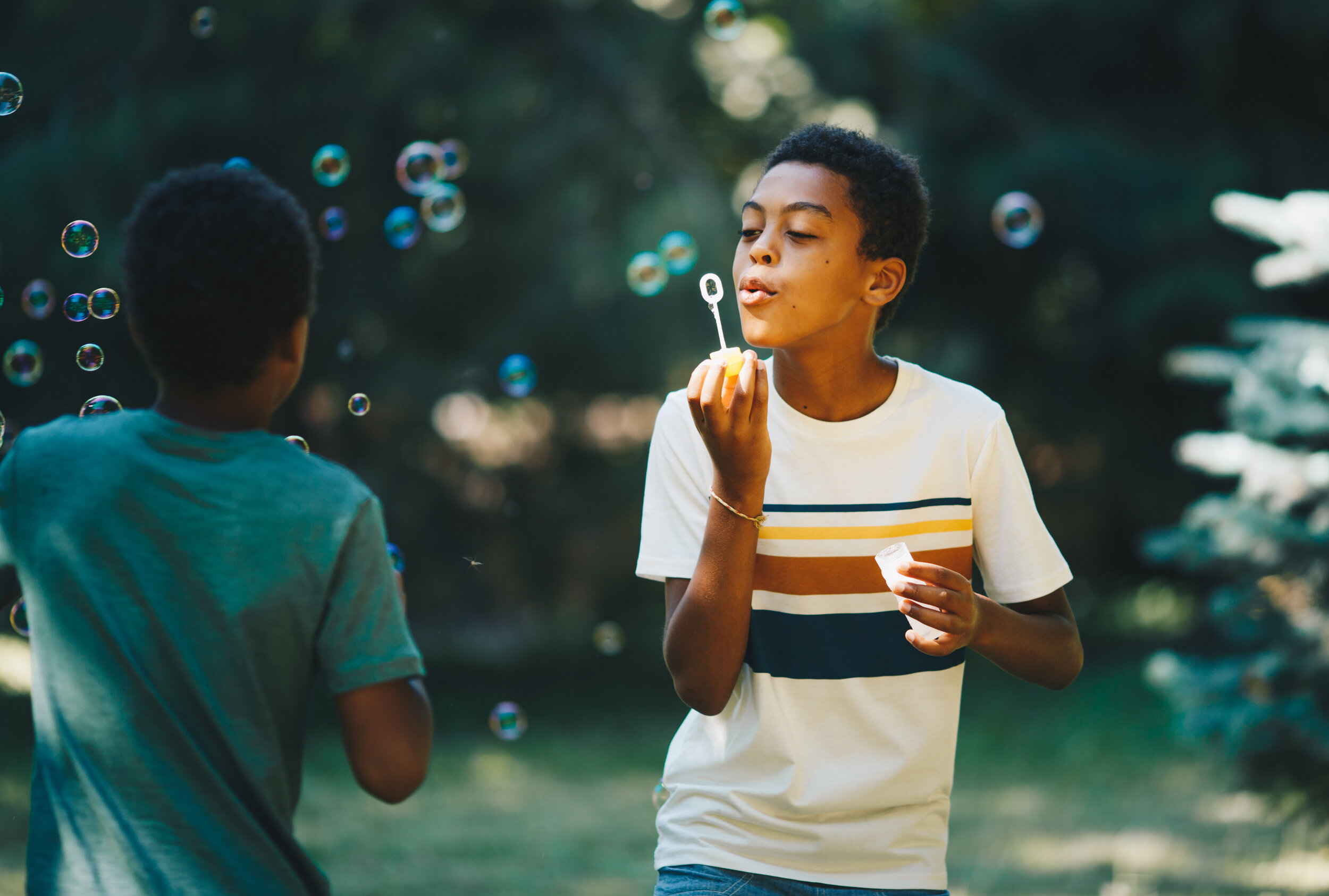Whole-self learning through outdoor education.
PROGRAMS AND ACTIVITIES
What we offer:
Knowledgeable, engaged, and trained staff who specialize in team-building, outdoor skills, and the development of youth
Interactive team-building activities including initiative games, low and high challenge ropes courses, and zip-lines
Hands-on outdoor education including environmental science, water ecosystems, fishing, archery, and survival skills
Bunk style housing for students with near-by shower facilities
Comfortable private accommodations for teachers
First-class dining options with customizable menus and accommodations for students and teachers with dietary restrictions
Over 1,000 acres of outdoors for students to explore and enjoy
Activities designed to augment classroom lessons:
Geology
Herpetology
Math Hike
Canoeing
Teambuilding
Dendrology
Cartography, Compasses, and Global Positioning
Maple Syrup Production
Limnology
Wilderness Survival
Meteorology
Wildlife Adaptations
Rock Climbing
Astronomy
Night Hike
Birds of Prey
Archery
Escape Room
Fishing
Nature Printing
Racing Zipline
Air Rifles
Flintknapping
Woods Crafts
Tomahawks
Slingshots
Critter Races
High Ropes
Metalworking
ACTIVITY DESCRIPTIONS
Geology
Campers will explore the rocks, soil, and landforms found at camp. They’ll collect samples, run experiments to determine unique qualities of stones, and journey into the past by finding clues left within the rocks.
Herpetology
Campers will explore the fascinating world of amphibians and reptiles through a blend of classroom and field study. Up-close encounters with various animals help campers learn about ecology and conservation. Day hikes provide an opportunity to search for wildlife and the evidence they leave behind on the safety of the camp’s trails.
Math Hike
Campers will work their legs and their brains on a hike around camp. Throughout the trek, campers will make several stops to solve real-world problems based on features at camp. Questions may include: Determining the height and age of a tree based on measurements of its shadow and circumference, estimating the lake’s perimeter and volume, or the effects of slope and weight on the speed of going down a slide.
Canoeing
Getting out onto the water is always a camp favorite, but there’s more to canoeing than meets the eye. It takes balance, power, and coordination with your boat mate. Campers will learn about proper paddling, then compete in water-based challenges.
Teambuilding 1 & 2
The low COPE (Challenge Outdoor Personal Experience) course is the perfect place for young people to learn about team dynamics, test their leadership abilities, and problem-solving their way out of tricky situations. They’ll break into small teams to take on initiative activities, working their way through challenge course obstacles like the Whale Watch balance board, the ever-changing Wild Woozy, the precarious Nitro Crossing, and much more. While getting a fair amount of exercise, students will gain skills in communication, decision-making, trust, self-esteem, and teamwork. We introduce these challenges in a progression throughout the week for an experience they’ll never forget.
Dendrology
Our camp is the perfect place to learn about trees and the biodiversity of their ecosystems. After learning terminology and concepts, campers will work together in teams of three to four to find examples of leaves that meet the instructor’s criteria to expand their knowledge of tree species and their characteristics.
Cartography, Compasses, and Global Positioning
Think about the last time you were out in the wilderness. What are some tools that help you find your way outdoors? What was used before GPS technology was invented? A compass, maps, stars, the sun and moon, trees, the wind. Why is it essential to learn powerless ways of navigation? If you are lost and unable to charge your devices, it is vital to have an alternative method to find your way home.
Maple Syrup Production
Everyone loves maple syrup on their pancakes, but few know why it is such a premium product. For example, did you know it takes around 43 gallons of sap to make 1 gallon of maple syrup? Campers will learn how to tap a tree and how much energy it takes to boil all the sap down to make syrup. Campers will learn about the history and process of making maple syrup from our very own trees at camp.
Limnology
To learn about inland waters, campers will visit the Environmental Resource Center and study turtles’ learned behaviors and inherited traits. They’ll take an incredible journey as water molecules and learn about the water cycle. Campers love getting their feet wet in Lake Klein as they collect and identify macro-invertebrates. Then they’ll become limnologists and conduct a water quality analysis in the lab using lake water.
Wilderness Survival
It’s a familiar Hollywood plot: the modern person is stranded in the wilderness where they learn and grow through the life-altering experience. Each time we see a movie with that plot, we imagine if we would be brave, cunning, or resourceful enough to survive. Well, no more wondering! Campers will learn the basics of gathering and purifying water, building a shelter, finding food, building a fire, and general protection.
Meteorology
Campers will be given an engineering problem (measuring precipitation), easily obtainable materials, and the tools and time to design their device. Campers will simulate rain to test the device and compare their results. The comparison of results leads to a discussion about the need for a standardized calibration system to get precise and reliable measurements. Campers are then introduced to the Global Precipitation Measurement mission and learn how this mission will set the new calibration standard for measuring precipitation.
Predator/Prey
Campers play a hide and seek game as they learn the importance of habitat and animal adaptations. Animals adapt to their environments to survive. In the distant past, thick forests covered most of Ohio. This provided shelter and protective cover for the animals of the region, particularly the bobcats. Bobcats hunt rabbits, small rodents, and birds. The bobcat has suffered due to the loss of its habitat and is on the endangered species list. Campers will learn hands-on about the parts of habitat: food, water, shelter, and space in this memorable activity.
Climbing
Rock climbing is a full-body sport with many health benefits in the form of flexibility, strength, fine motor skills, and problem-solving. Campers will do their best to scale the tower and learn about how the simple physics of friction and elasticity keeps them safe while vertical.
Astronomy
Nothing beats gazing at the stars on a clear night at camp. Campers will learn how to identify celestial objects through telescopes. They’ll also flex their creativity, much like the ancient Greeks and Romans did when explaining the earth’s inner workings based on what they observe in the sky.
Night Hike
Camp wouldn’t be complete without a night hike through the woods. Grab your flashlight and prepare your best ghost story! Our camp staff will lead you on a journey of extraordinary tales and perhaps a few shenanigans.
Birds of Prey*
Live animals are always a camp favorite. We partner with local experts to bring amazing birds of prey out for campers to learn about and see close up. They’ll learn about their hunting habits and specialized skills they’ve developed to become the rulers of the skies.
* Program in development. Subject to change.
Email us or call us to schedule your adventure:
(216) 458-8930
Our program is open to middle school classrooms (grades 5-8) seeking engaging, hands-on
outdoor programs to augment classroom learning.
Overnight middle school camps are available April, May, September, October, and November.
Or come out for a daytime field trip!





